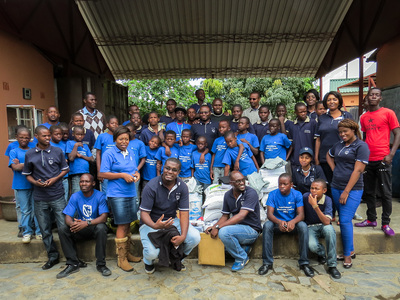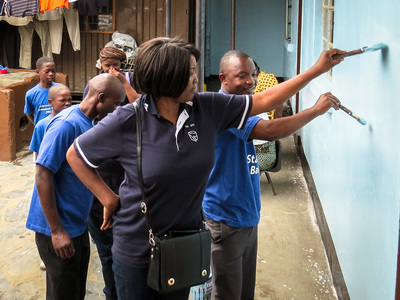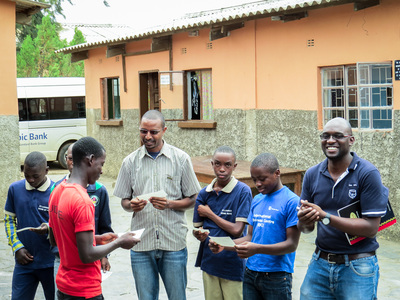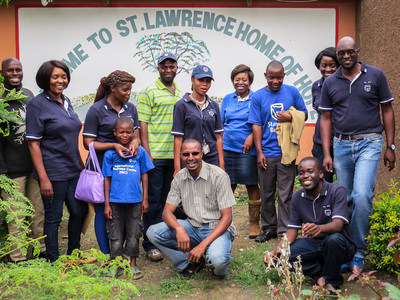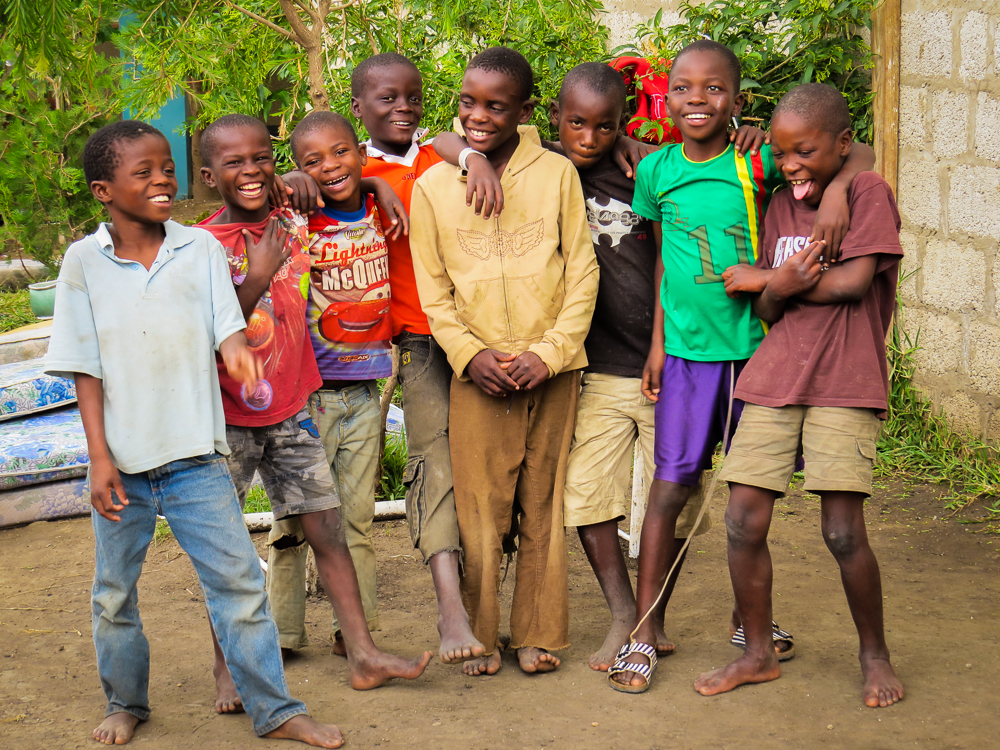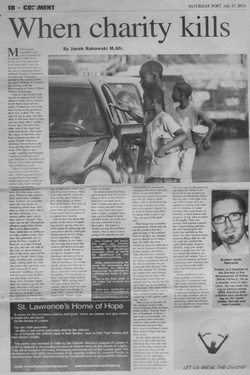As every year we were not alone this Christmas.
Many friends and visitors came to be with us at Home of Hope and many made sure that kids had gifts and plates were filled with goodies!
The first celebration was organised by Catholic Women’s League (our Mothers) already two weeks before actual celebrations. Jumping castles, great food, good music and gifts for each child.
The second one came from the Stanbic Bank Zambia and its generous Employees!
Thanks to them our home has a refreshed look. Outside and inside repainted.
Boys from secondary school level received cheques which will pay their fees for next year! The same was done for 40 children from primary schools. On top of all these each one received new uniform!
They will be all shining when new school year begins in two weeks time.
… and much more, but about that next time…
Many friends and visitors came to be with us at Home of Hope and many made sure that kids had gifts and plates were filled with goodies!
The first celebration was organised by Catholic Women’s League (our Mothers) already two weeks before actual celebrations. Jumping castles, great food, good music and gifts for each child.
The second one came from the Stanbic Bank Zambia and its generous Employees!
Thanks to them our home has a refreshed look. Outside and inside repainted.
Boys from secondary school level received cheques which will pay their fees for next year! The same was done for 40 children from primary schools. On top of all these each one received new uniform!
They will be all shining when new school year begins in two weeks time.
… and much more, but about that next time…

